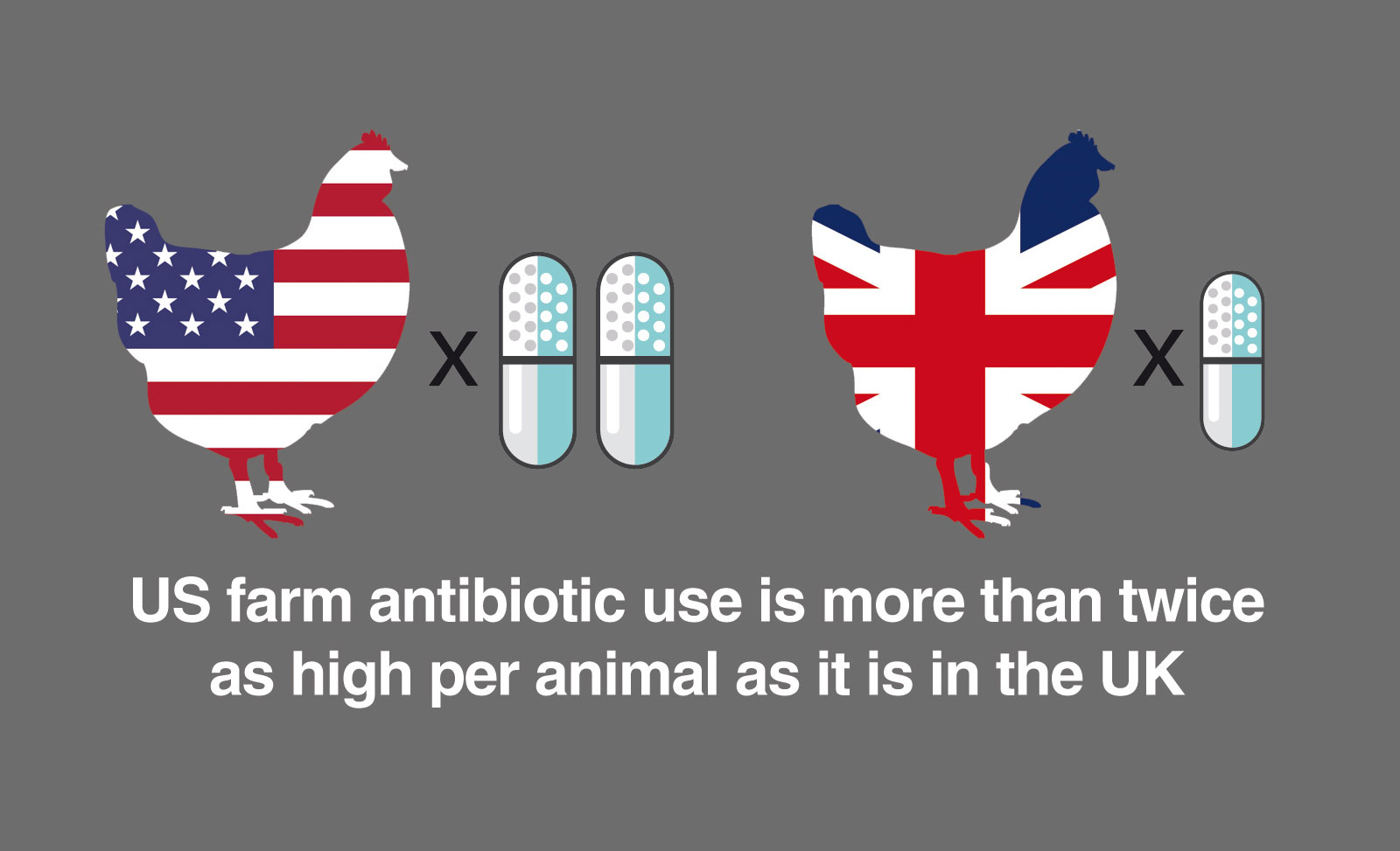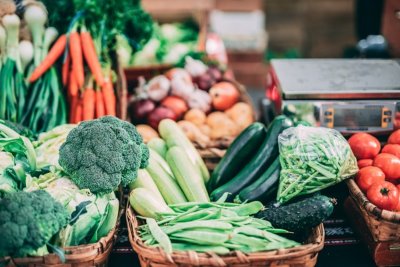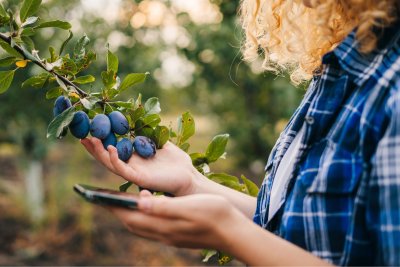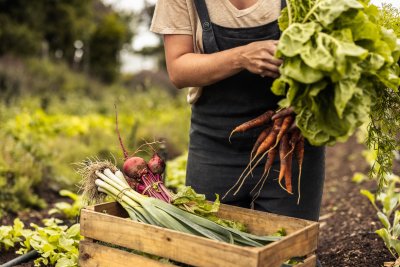Fresh analysis published by the food and farming alliance Sustain today indicates that US farm antibiotic use is now more than twice as high per animal as it is in the UK. Data from the US Food and Drug Administration [1] shows that total sales of medically important antibiotics for use in animals increased by 26% between 2009 and 2015. By contrast, the UK government recently reported on a 27 per cent drop in use of antibiotics in animals reared on British farms over the last two years. [2]
American farmers and meat processors routinely use antibiotics, chlorine rinses and irradiation to reduce food-poisoning bugs in meat. However, health campaigners argue these carry their own risks and often mask poor welfare and hygiene standards on farms, in slaughterhouses and in meat processing. The World Health Organisation recently called on farmers and the food industry to stop routinely using antibiotics prophylactically in healthy animals. [3] This is to preserve the effectiveness for treatment of actual disease outbreaks in humans and animals.
Kath Dalmeny, Chief Executive of the Sustain food and farming alliance [4] said:
“When US Commerce Secretary Wilbur Ross told the CBI last week that the UK would have to accept US meat standards, I was horrified. Mass-produced American chicken may seem cheap, but it comes at a gigantic cost to our health, animals and workers.
“British food and farming industries have started to take action on the critically important issue of overuse of antibiotics in farming. We simply cannot afford to let our trade negotiators sweep such progress aside by flooding our market with cut-price US chicken raised with routine antibiotic use.
“If antibiotics lose their efficacy through over-use in medicine and farming, we will return to an era when millions of lives could be lost every year to simple infections. [5] All food and trade policy must reinforce international efforts to reduce antibiotic use, not create new markets for farmers – such as those in the US – who are using much more than they should.”
Cóilín Nunan, Scientific Adviser to the Alliance to Save Our Antibiotics [6], said:
“We need to consider what pressure UK regulators will come under - and what farming practices we may be supporting internationally – as a result of international trade deals. Many European countries, including the UK, are starting to phase out routine preventative use and to significantly cut overall antibiotic use. There is even the real possibility of an EU-wide ban in routine preventative use in the next few years. In contrast, the United States still has no serious plans to deal with antibiotic abuse in farming, and use is increasing every year. Antimicrobial-resistant bacteria are no respecters of country borders. Rather than the UK adopting US standards, we need to call on the US to show some leadership on reducing the use of antibiotics in animals through improvements in production systems and animal husbandry. This is in everyone’s interests.”
The new comparison of farm antibiotic use data comes as the Government enters trade talks with the US, in which the Americans are expected to argue strongly in favour of the UK abandoning EU food standards in order to secure a speedy trade deal. [7] But a House of Lords report from July this year flagged that domestic producers fear the market being flooded with cheaper, lower welfare imports that will make it difficult for them to compete. [8]
Editor’s notes
[4] Sustain representing about 100 national organisations working for better food, fishing and farming – to improve health, ethical food production, farming livelihoods and the environment:
https://www.sustainweb.org
[5] Taken from conclusions of the UK’s Review on Antimicrobial Resistance, commissioned by the UK government and chaired by Jim O’Neill – see the 2016 report at:
https://amr-review.org/
[6] The Alliance to Save Our Antibiotics is an alliance of health, medical, civil society and animal welfare groups campaigning to stop the overuse of antibiotics in animal farming. It was founded by Compassion in World Farming, the Soil Association and Sustain in 2009, and is supported by the Jeremy Coller Foundation. The alliance’s vision is a world in which human and animal health and well-being are protected by food and farming systems that do not rely on routine antibiotic use:
http://www.saveourantibiotics.org/
Notes on data analysis
A rough comparison can be made between antibiotic use in US and UK livestock. In 2015, total sales of medically important antibiotics in the US was 9,702 tonnes whereas in the UK in 2016 it was 337 tonnes. So total US use was approximately 29 times higher than UK use in absolute terms. In terms of livestock populations, in 2015:
- the US had 9.3 times more cattle
- the US had 14.4 times more pigs
- the US slaughtered 11.2 times more chickens (figures for the UK are for 2014)
- the US had 6.2 times fewer sheep.
Since antibiotic use is known to be extremely low in sheep in comparison to other species, these figures suggest that US farm antibiotic use is more than twice as high per animal as it is in the UK.








